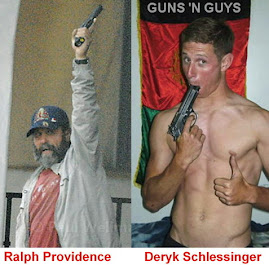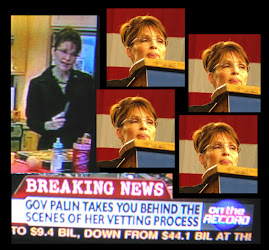Emprise$Marley$Hensley$McCain?


Kathleen Hensley Portalski
and James Willis Hensley
Haunted by Spirits February 17, 2000
John McCain derived his wealth from his marriage to Cindy Hensley McCain, whose father started his road to riches as a bootlegger. As a politician, the senator has remained beholden to the liquor industry and the family business
The Arizona Republic Mar. 1, 2007
...In 1948, the Hensley brothers were convicted of falsifying records
to conceal, government lawyers contended, the illegal distribution of
hundreds of cases of liquor. The sales occurred from 1945 to 1947,
postwar years when liquor was rationed and in short supply.
Eugene Hensley was sentenced to a year in federal prison. Jim Hensley
got six months, but his sentence was suspended. He received probation.
...In 1953, Jim Hensley was again charged with falsifying records at
Marley's liquor firms. The companies were defended by William
Rehnquist, who would go on to become chief justice of the Supreme
Court. Hensley was found not guilty.
Twenty one years after a car bomb killed journalist
Don Bolles, doubts remain as to who was responsible for the murder
BY C.D. STELZER
Don Bolles, doubts remain as to who was responsible for the murder
BY C.D. STELZER
first published in the Riverfront Times (St. Louis), June 11, 1997
John McCain's curious relationship with the alcohol industry includes
a family connection to the Ruidoso Downs
John McCain's curious relationship with the alcohol industry includes
a family connection to the Ruidoso Downs
? Part 3: Organized Crime Monday 
Beneath the respectable veneer of the Bronfmans' corporate financial empire...
During Canada's four dry years from 1915 to 1919, the Bronfmans established their contacts with U.S. criminal figures for illegally importing liquor into Canada. In 1916, the Bronfmans established their first link with the opium trade proper. Samuel and Abe Bronfman, two of Ekiel's four sons, collaborated with the Hudson's Bay Company — in which the Keswick family of Jardine Matheson had controlling interest — to buy the Canadian Pure Drug Company. In this way the Bronfmans rushed into the loophole in the War Measures Act that permitted the distribution by pharmacists of alcohol for "medicinal" purposes.
When prohibition in Canada ended in 1919 and Prohibition in the United States began, the Bronfmans simply turned from whiskey importing to whiskey exporting. After it was all over, in May 1936 the Bronfmans agreed to pay $1.5 million to settle their account with the U.S. Treasury; the sum amounted to an admission that half the liquor that came into the United States during Prohibition was from the "liquormans."
THE 2000 CAMPAIGN: THE ARIZONA TIES

Beneath the respectable veneer of the Bronfmans' corporate financial empire...
During Canada's four dry years from 1915 to 1919, the Bronfmans established their contacts with U.S. criminal figures for illegally importing liquor into Canada. In 1916, the Bronfmans established their first link with the opium trade proper. Samuel and Abe Bronfman, two of Ekiel's four sons, collaborated with the Hudson's Bay Company — in which the Keswick family of Jardine Matheson had controlling interest — to buy the Canadian Pure Drug Company. In this way the Bronfmans rushed into the loophole in the War Measures Act that permitted the distribution by pharmacists of alcohol for "medicinal" purposes.
When prohibition in Canada ended in 1919 and Prohibition in the United States began, the Bronfmans simply turned from whiskey importing to whiskey exporting. After it was all over, in May 1936 the Bronfmans agreed to pay $1.5 million to settle their account with the U.S. Treasury; the sum amounted to an admission that half the liquor that came into the United States during Prohibition was from the "liquormans."
THE 2000 CAMPAIGN: THE ARIZONA TIES
News: Kathleen Hensley Portalski


.jpg)



No comments:
Post a Comment